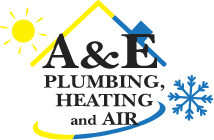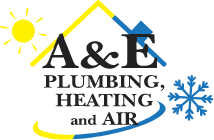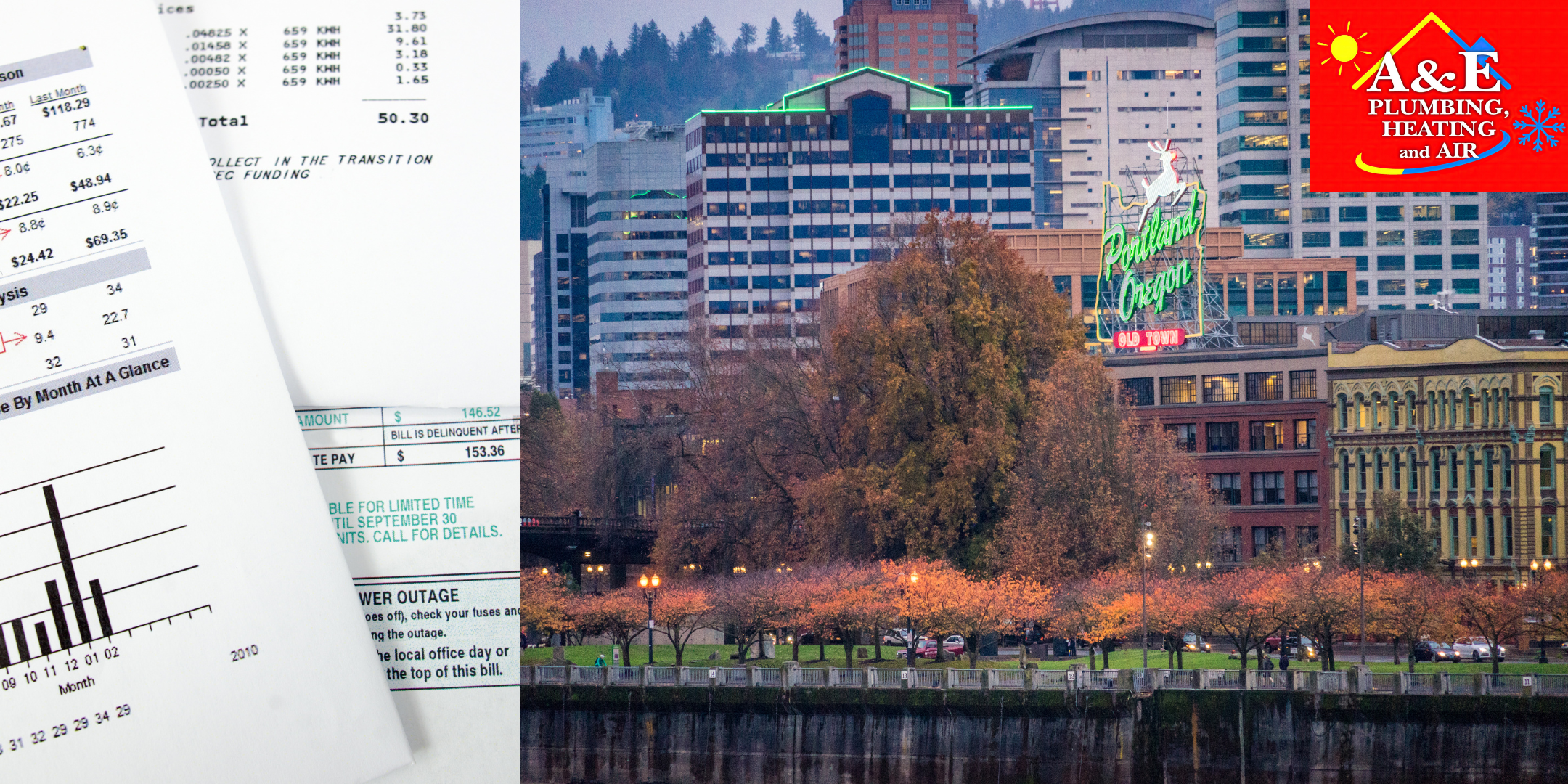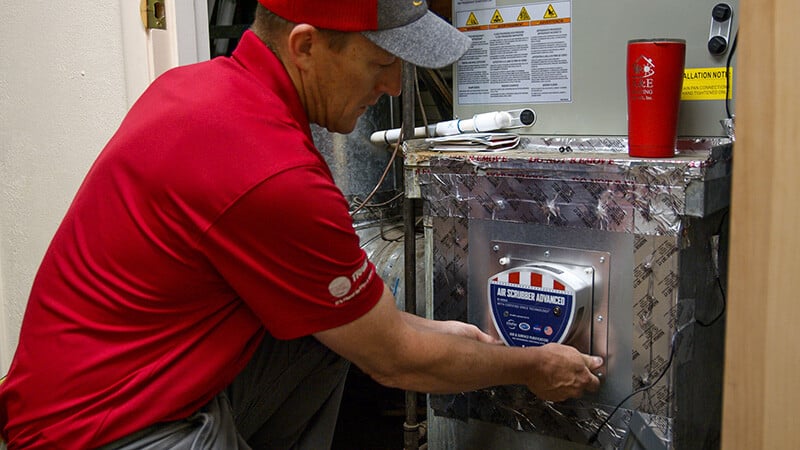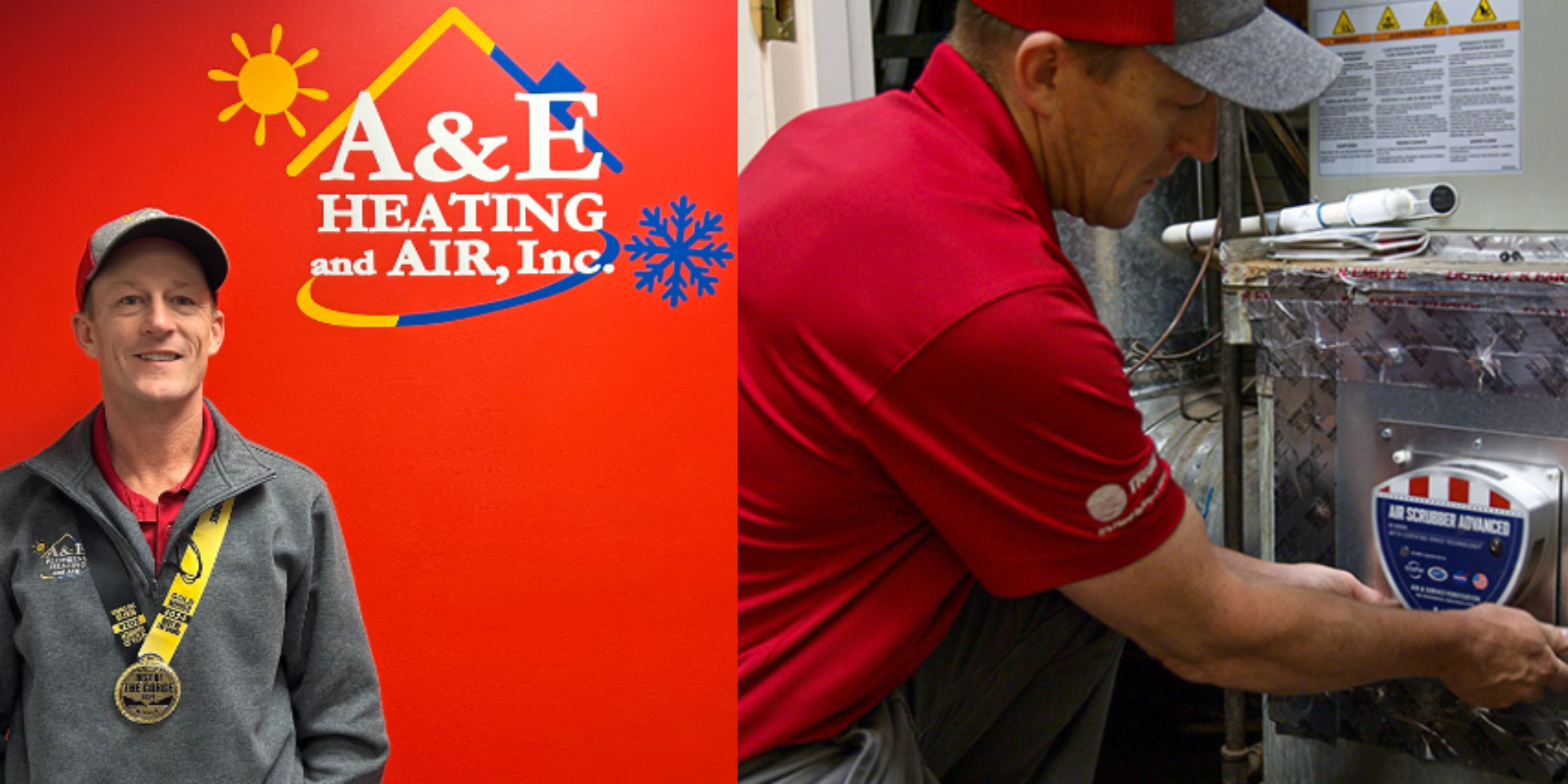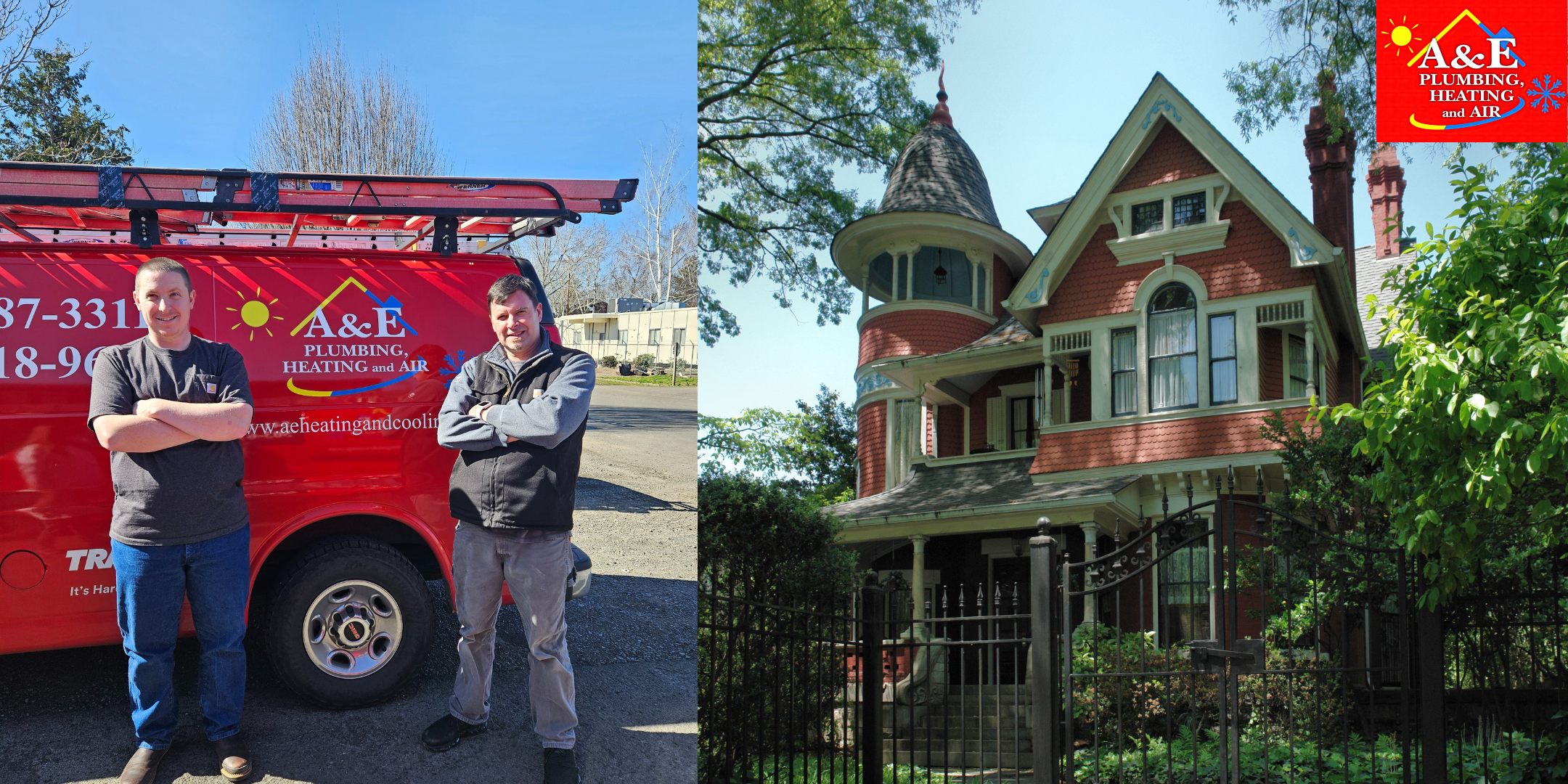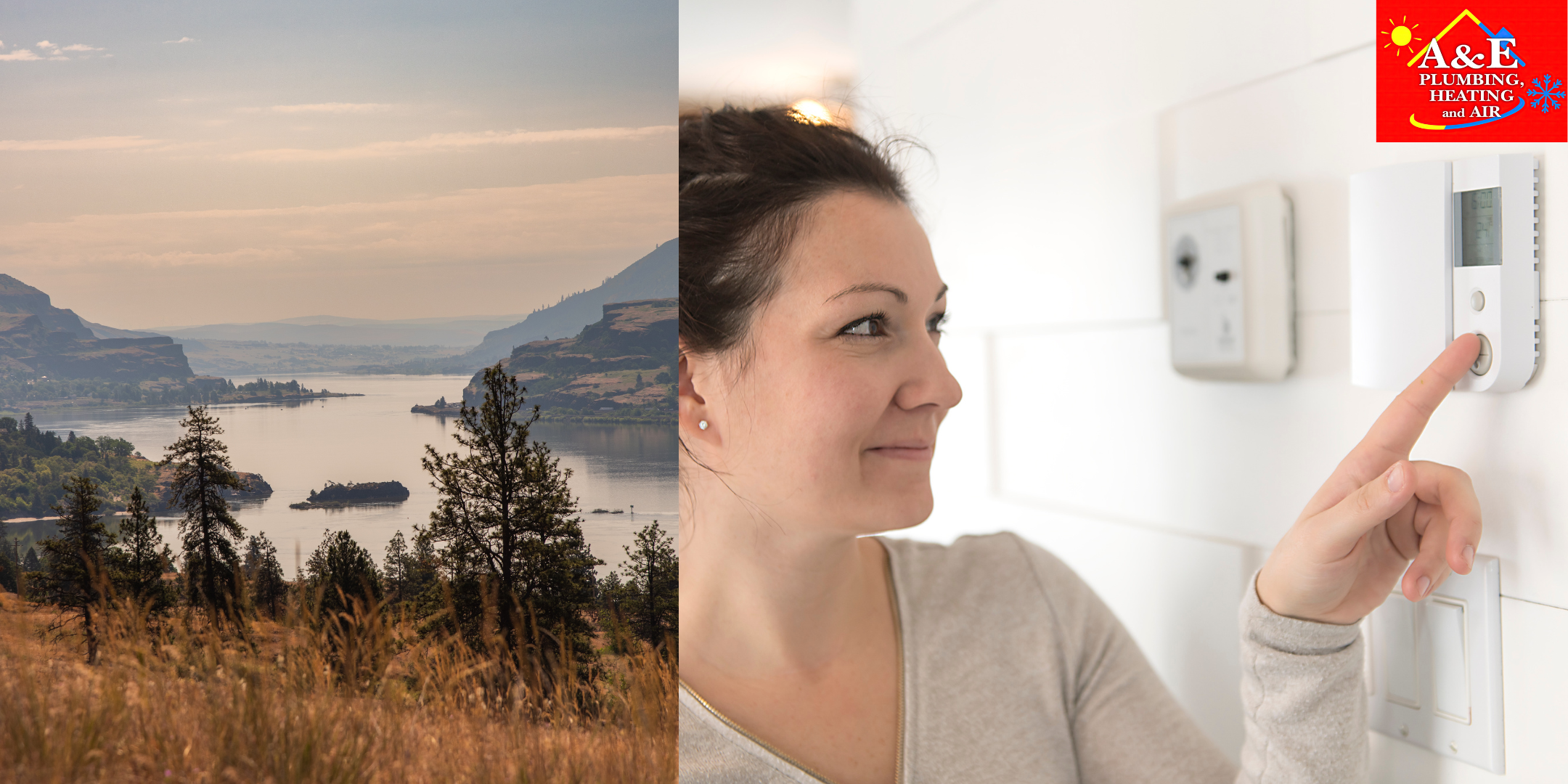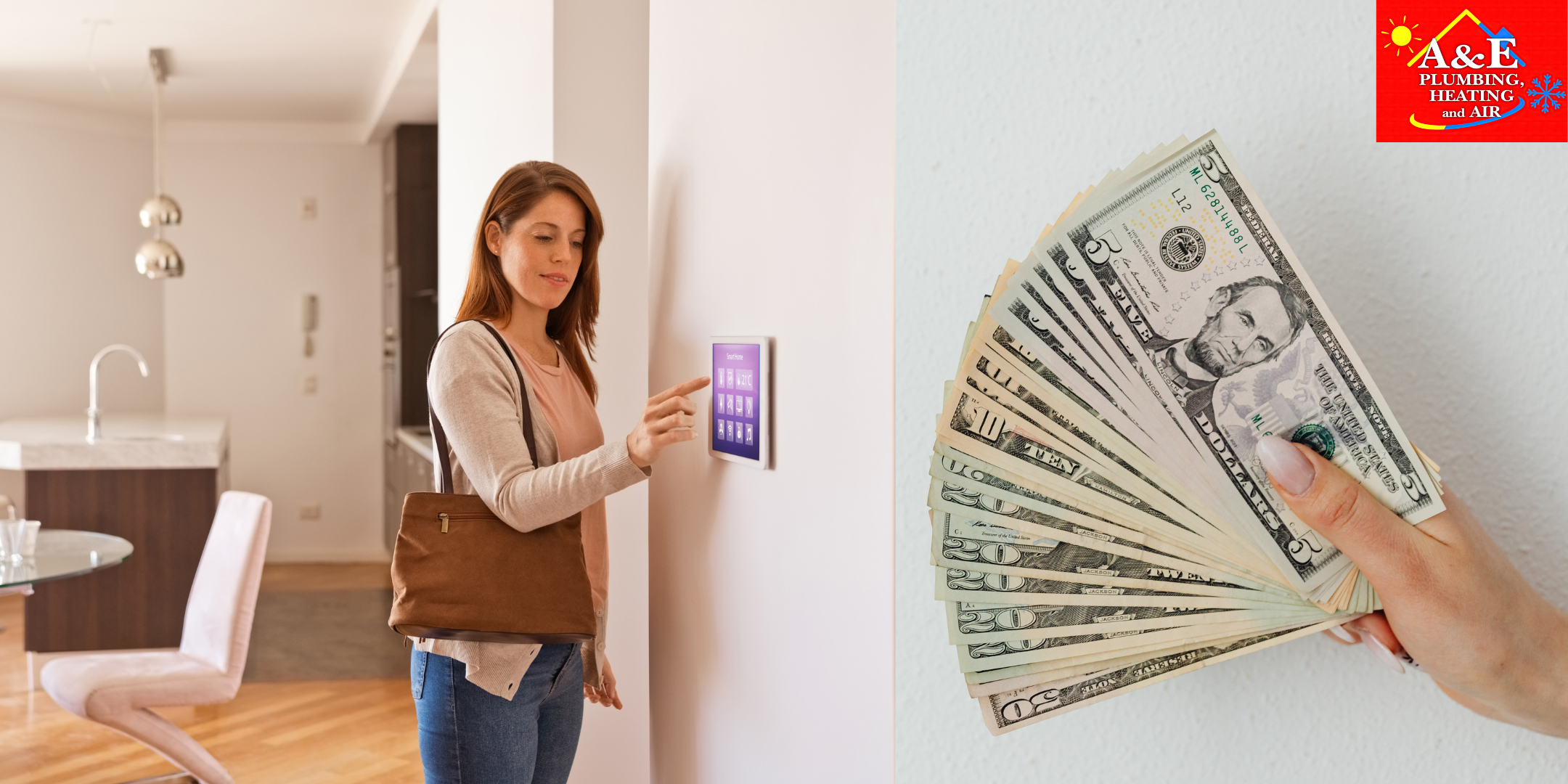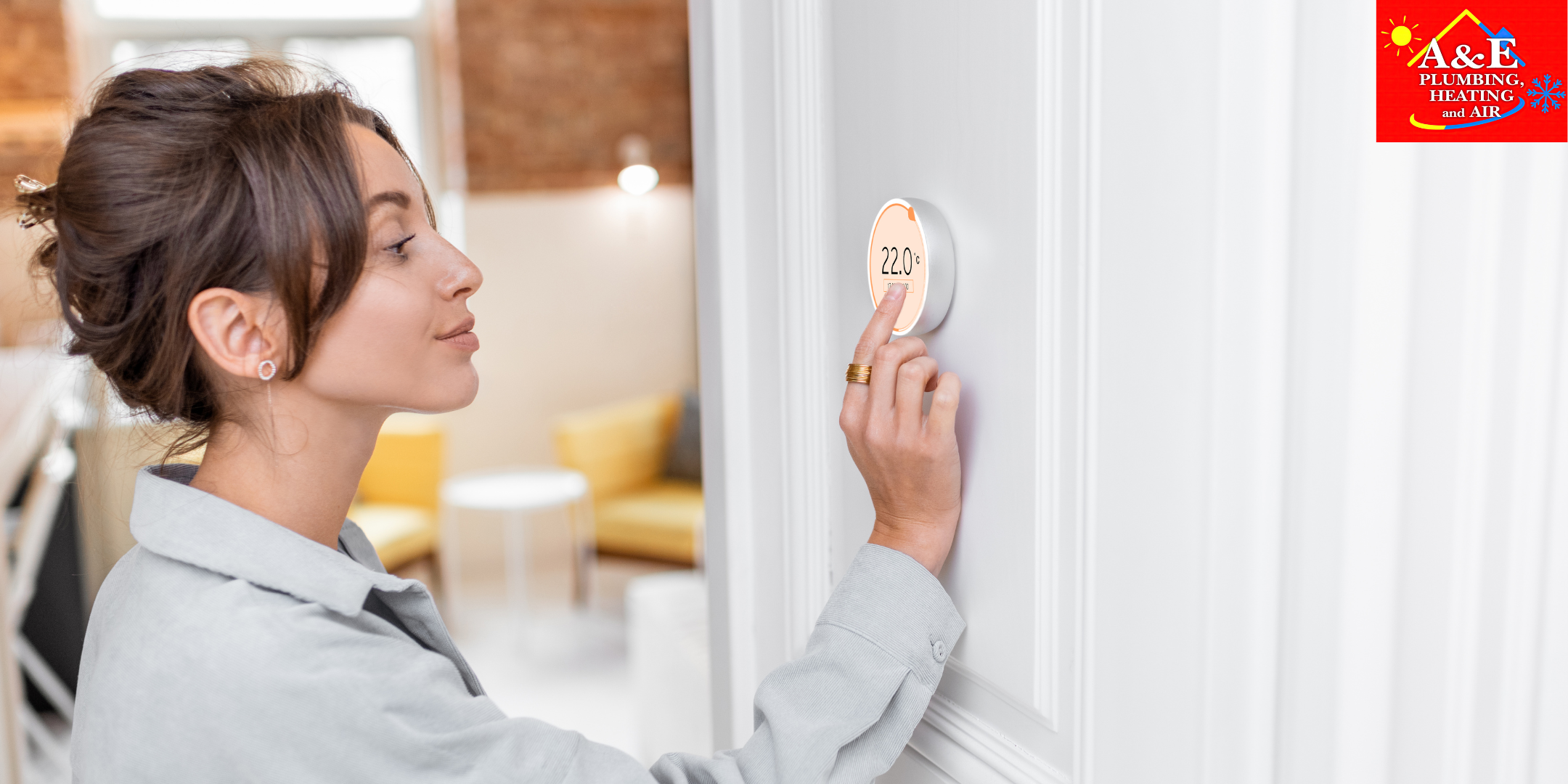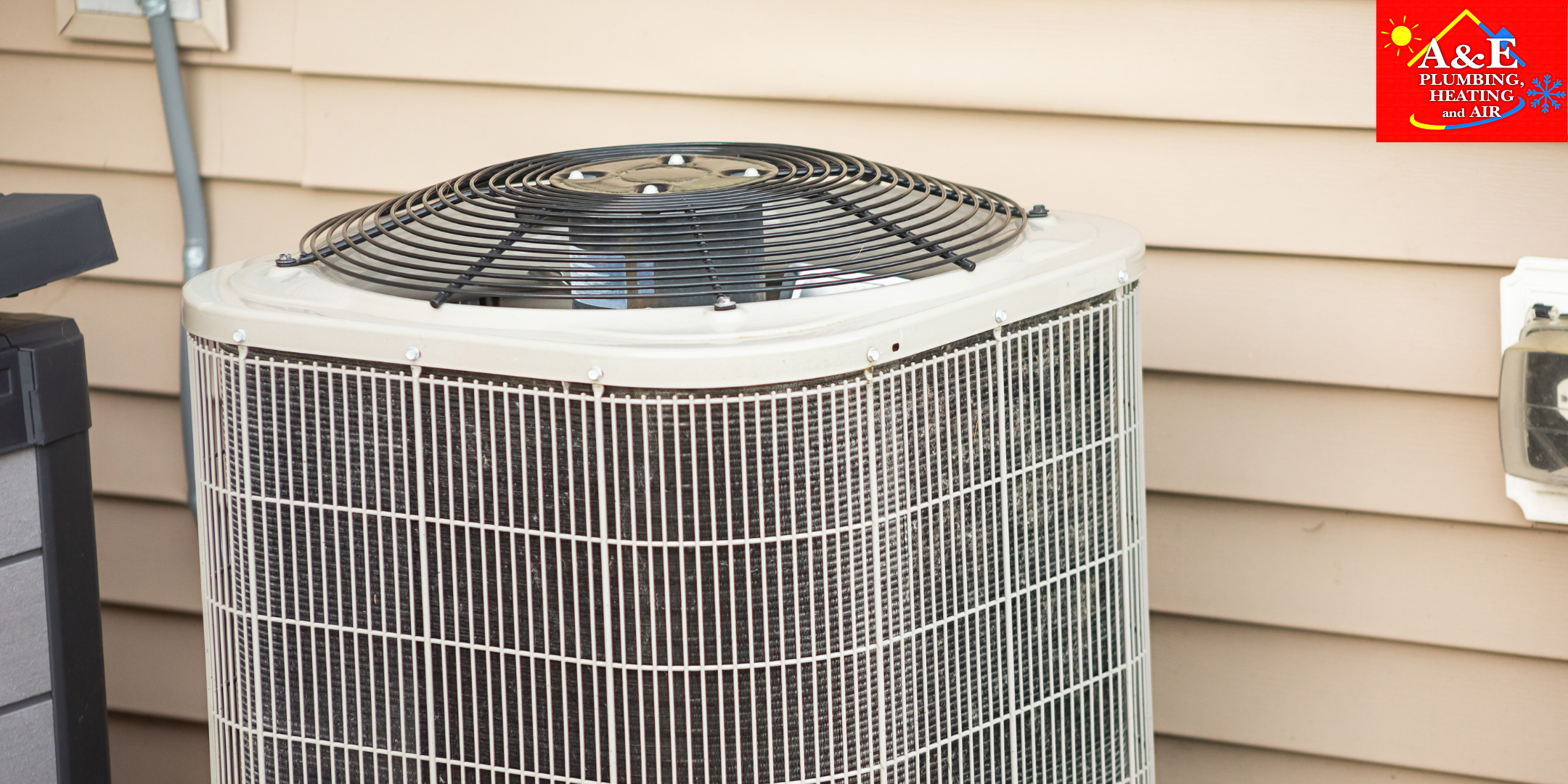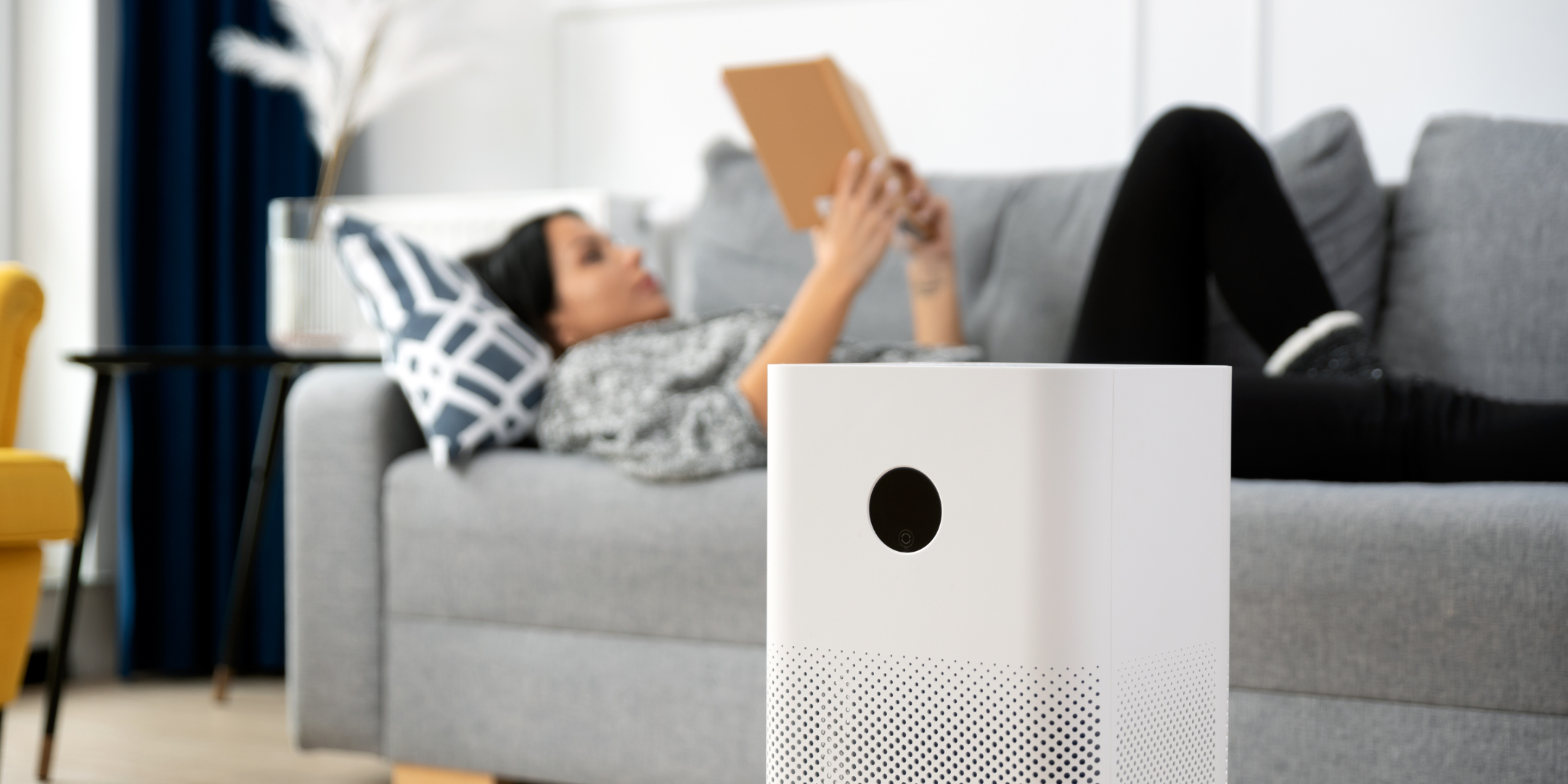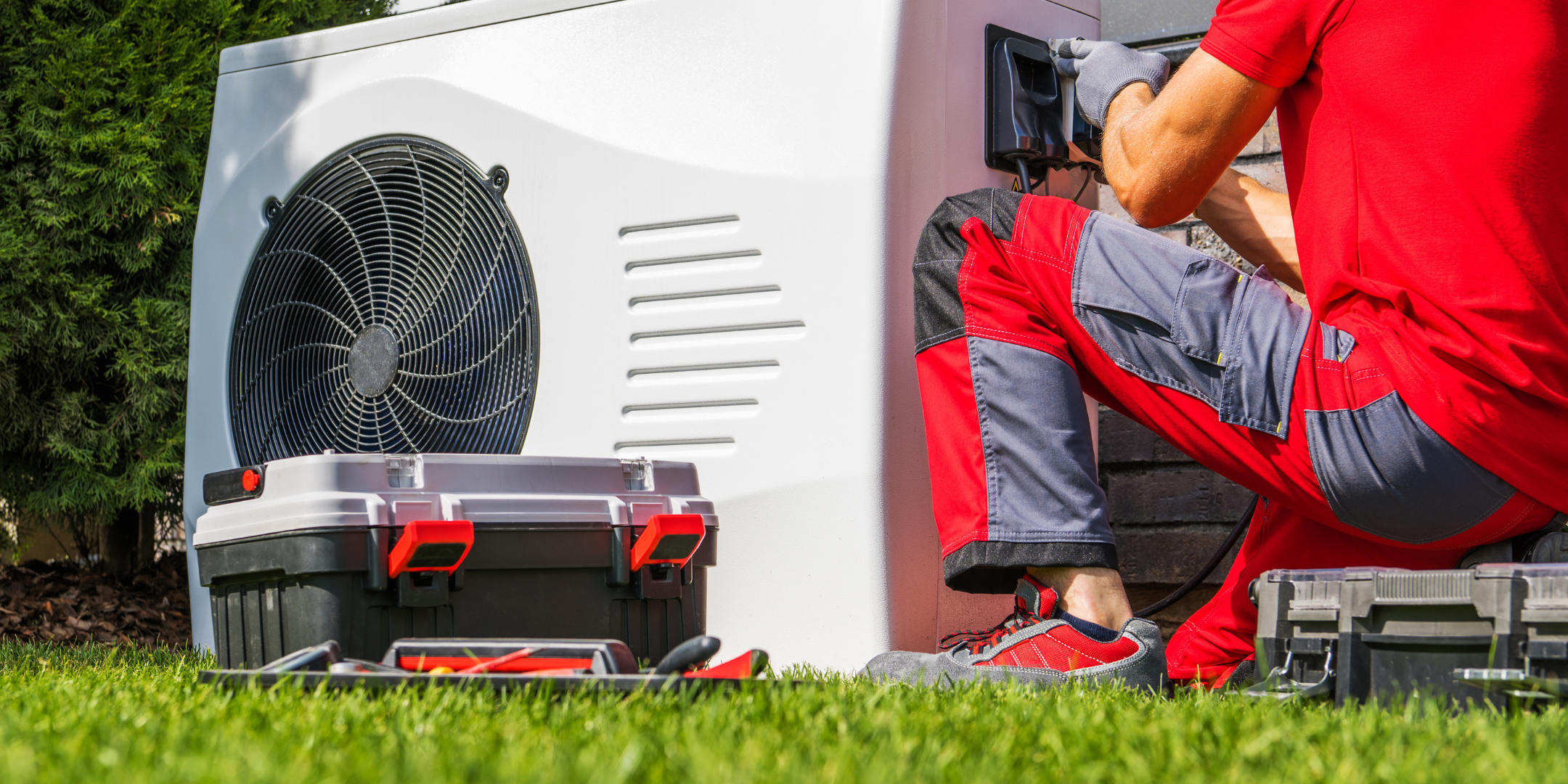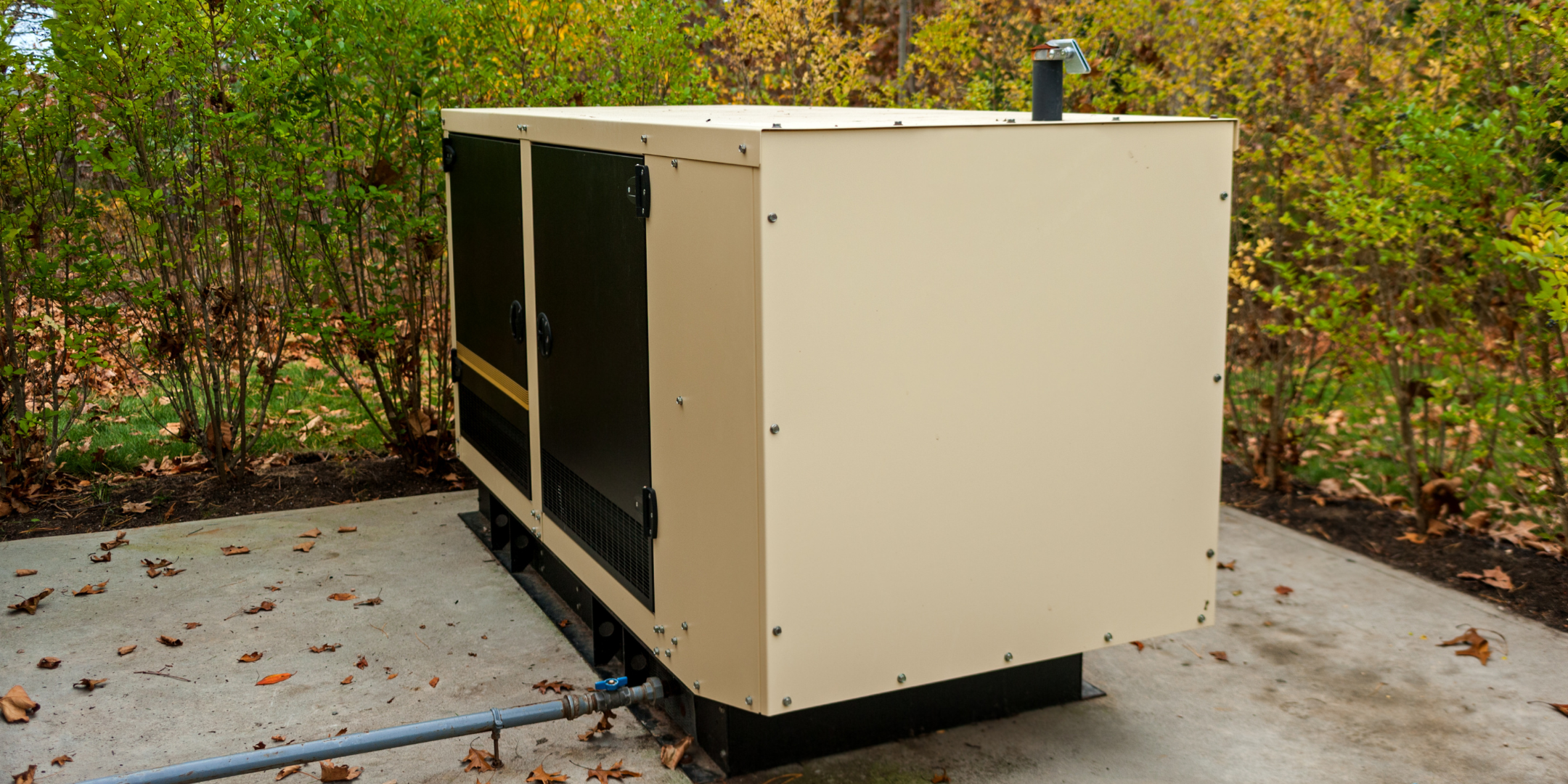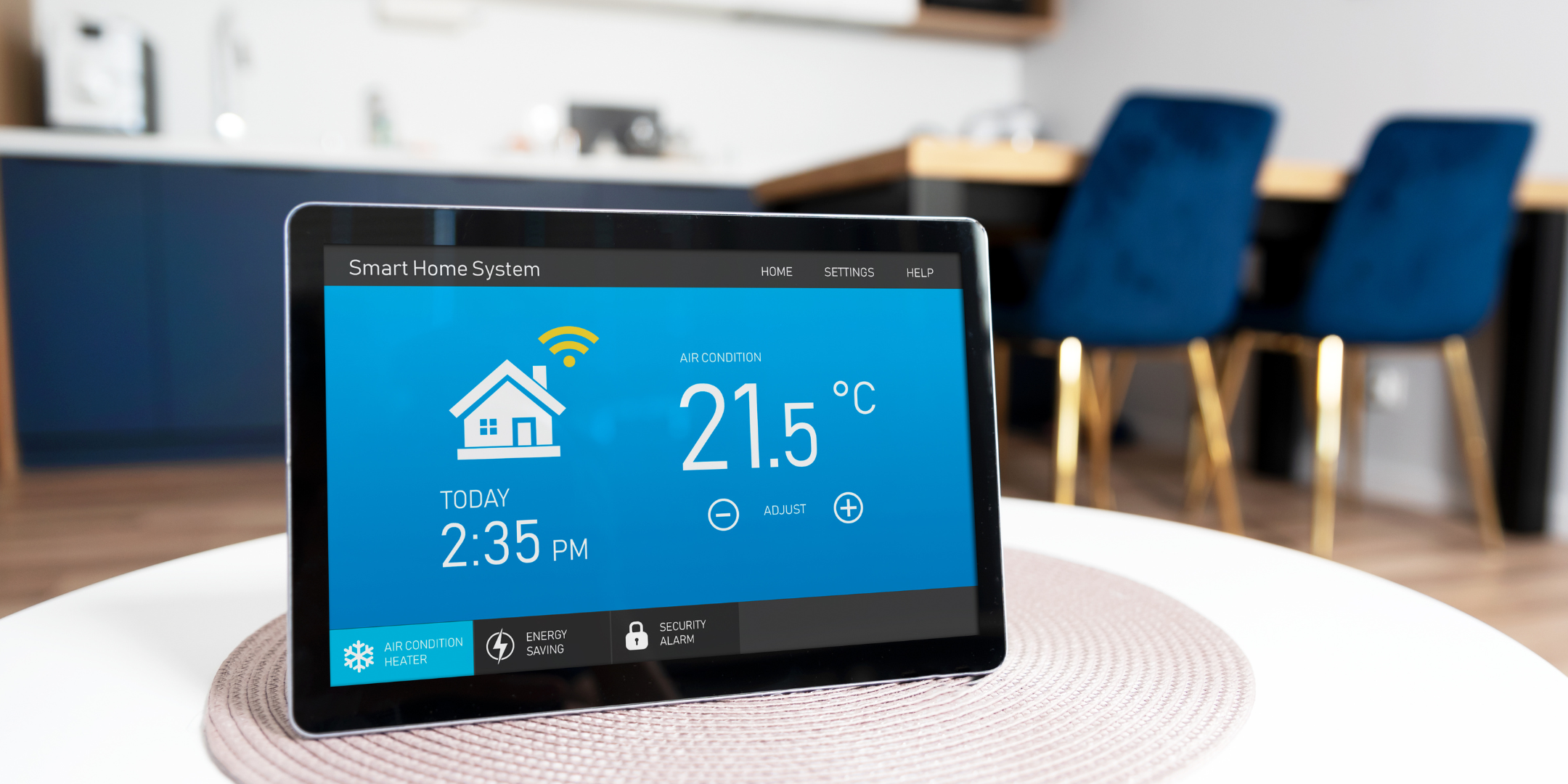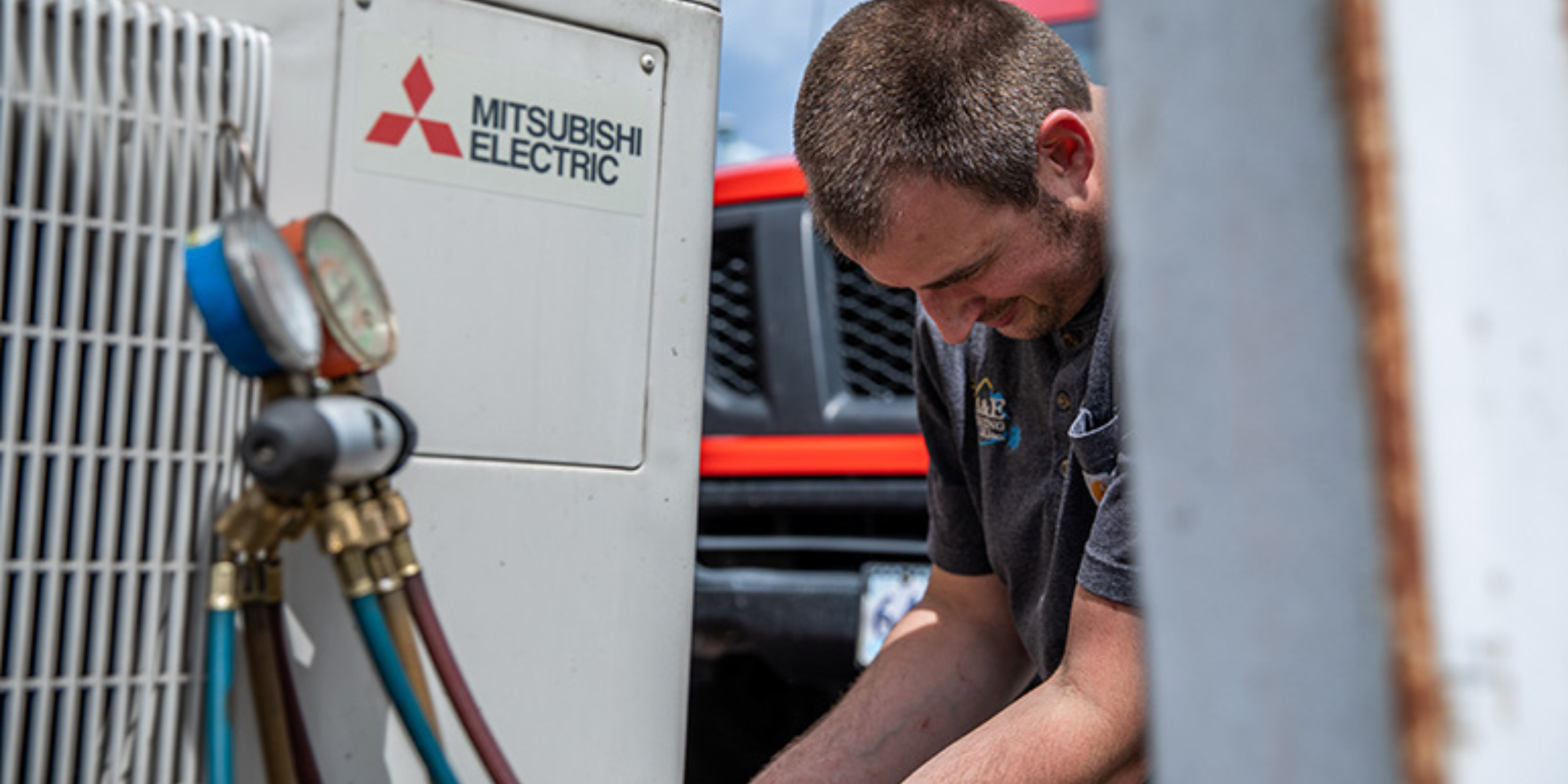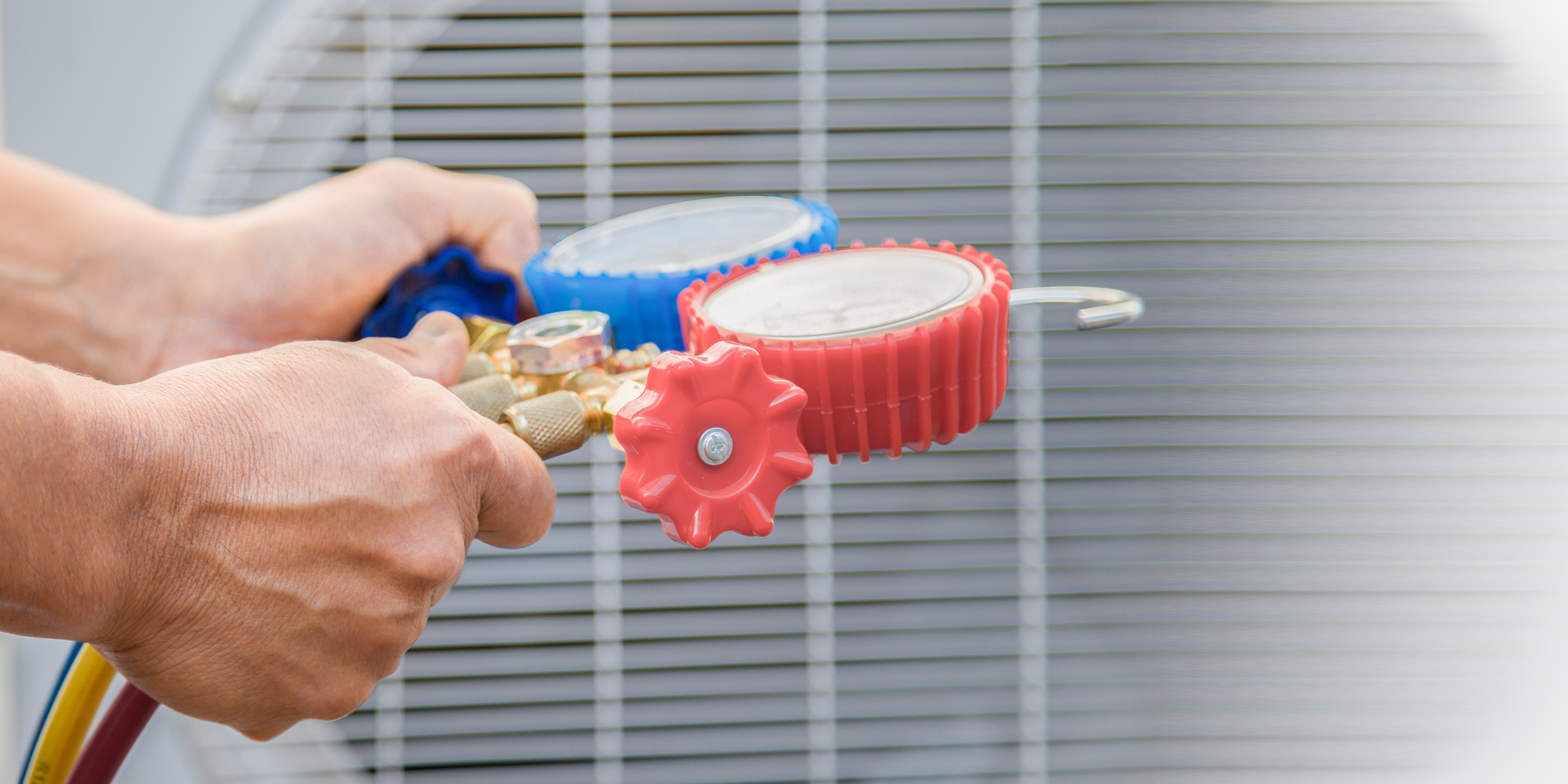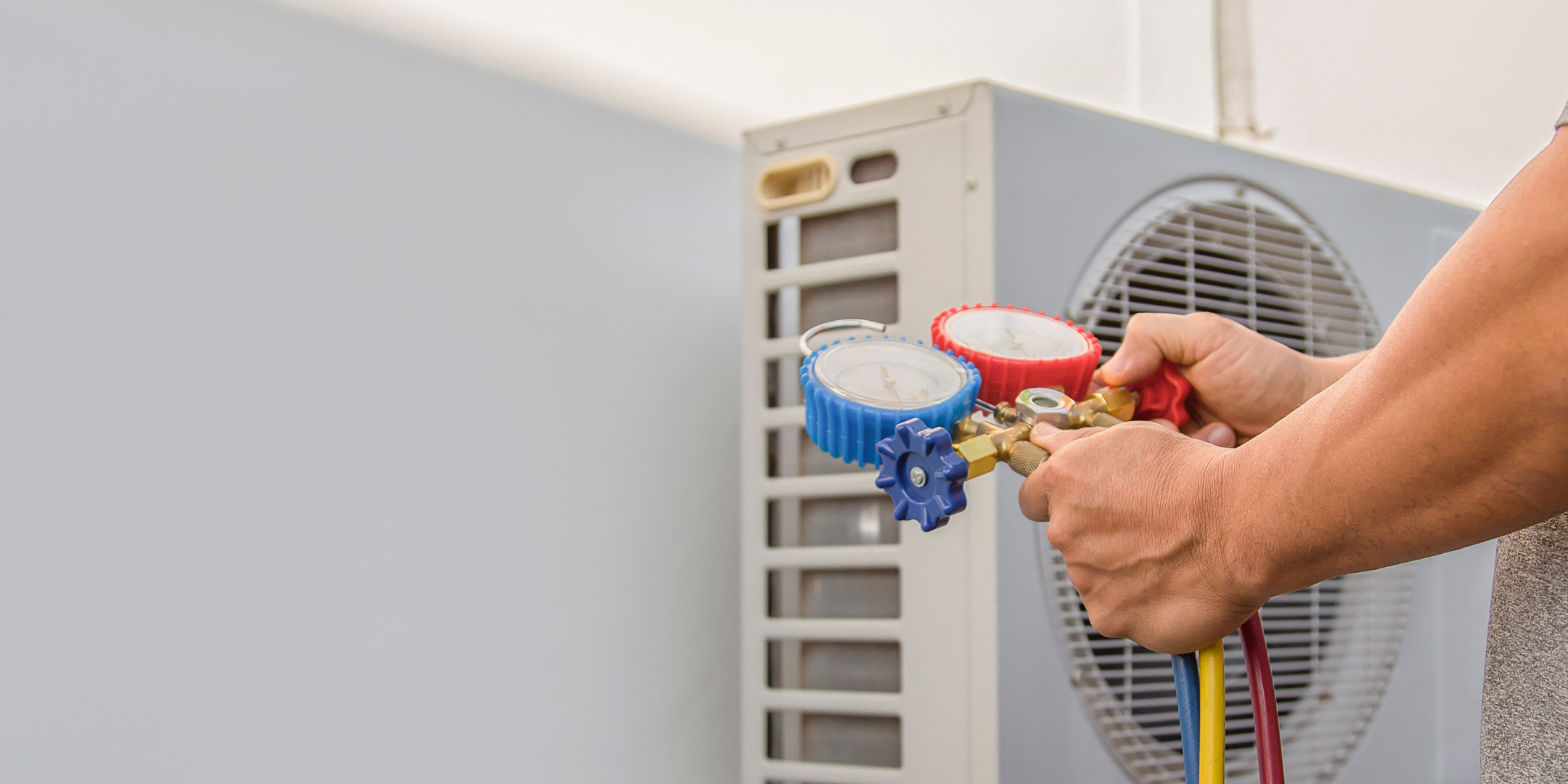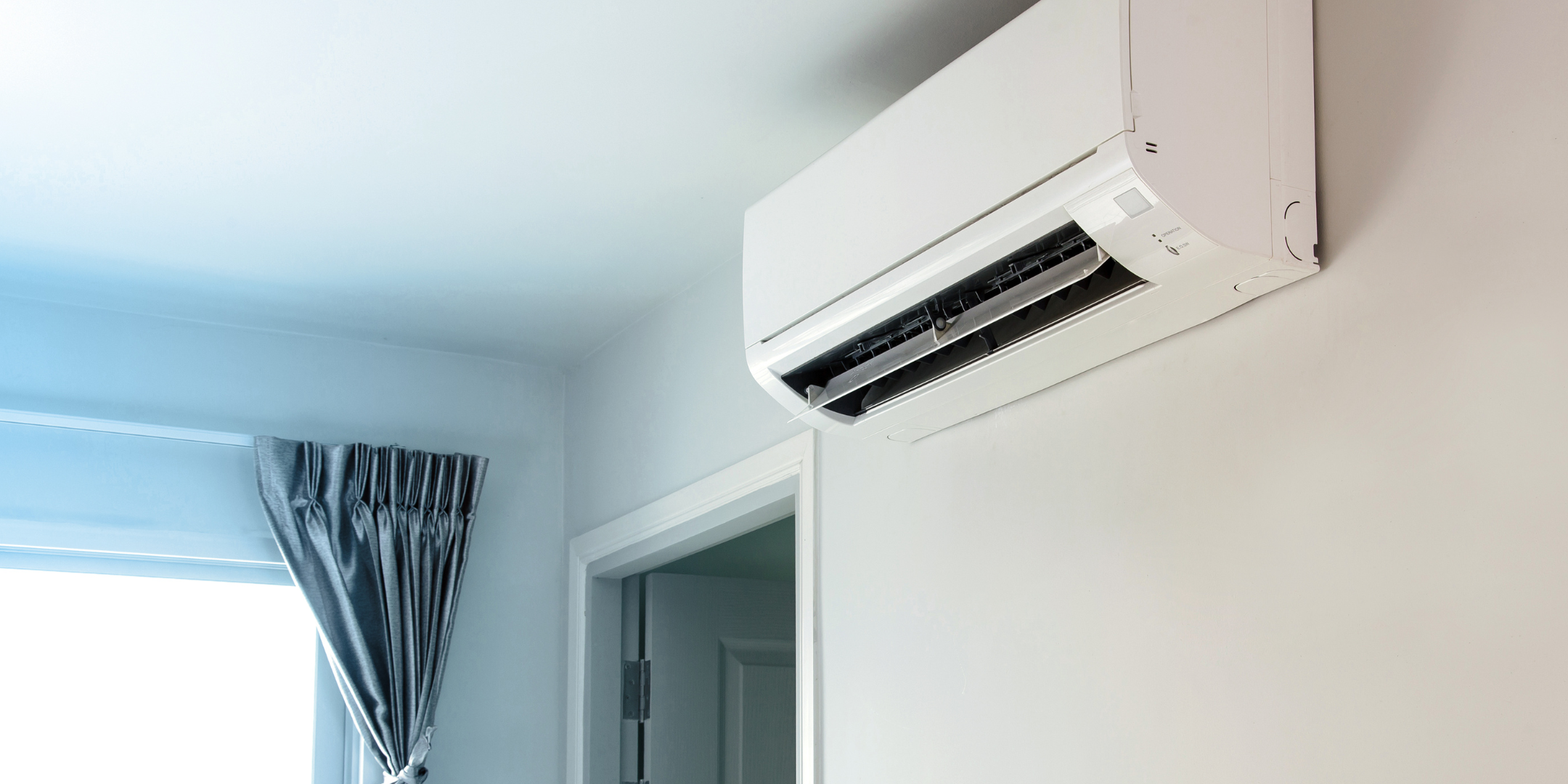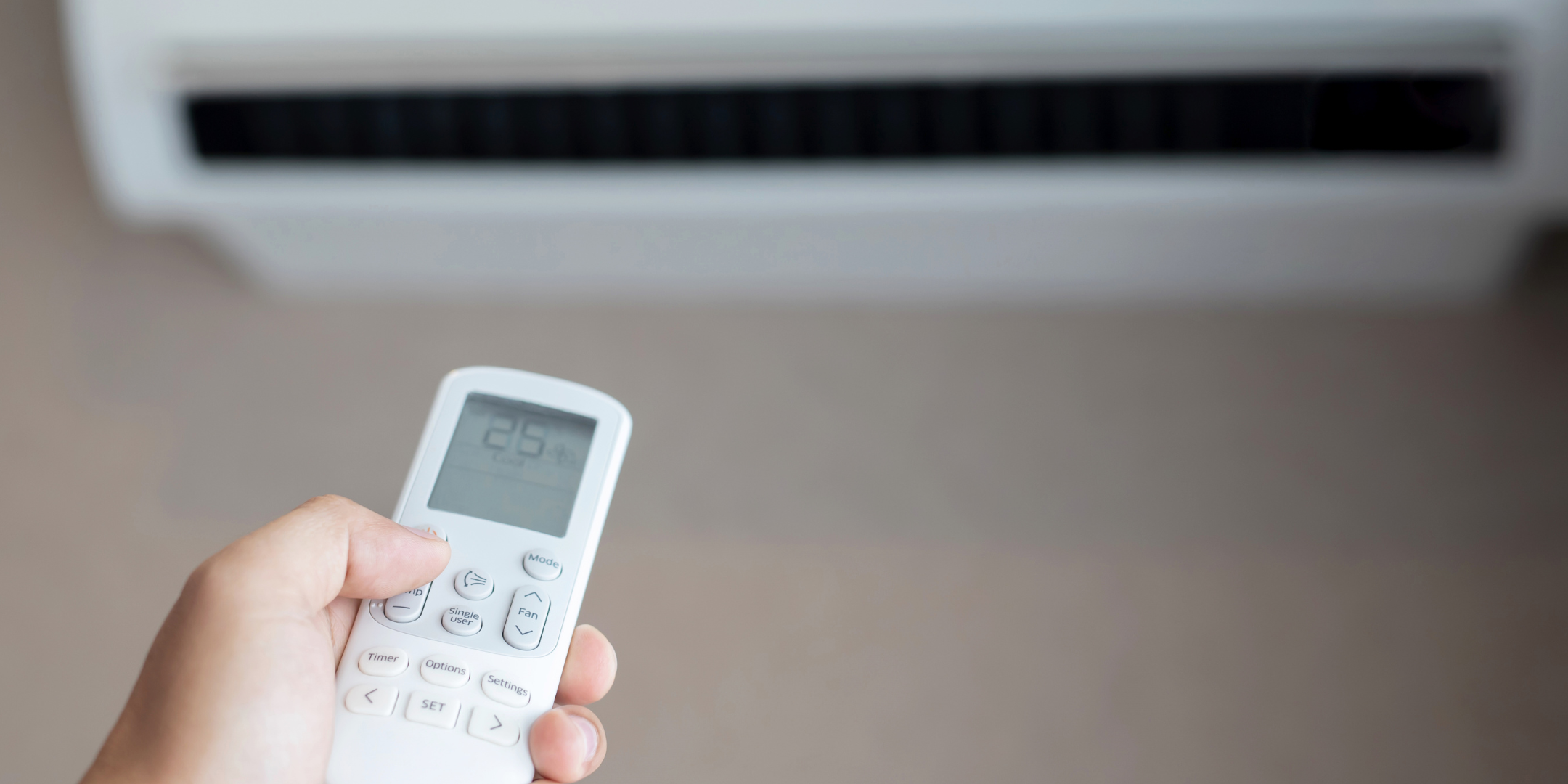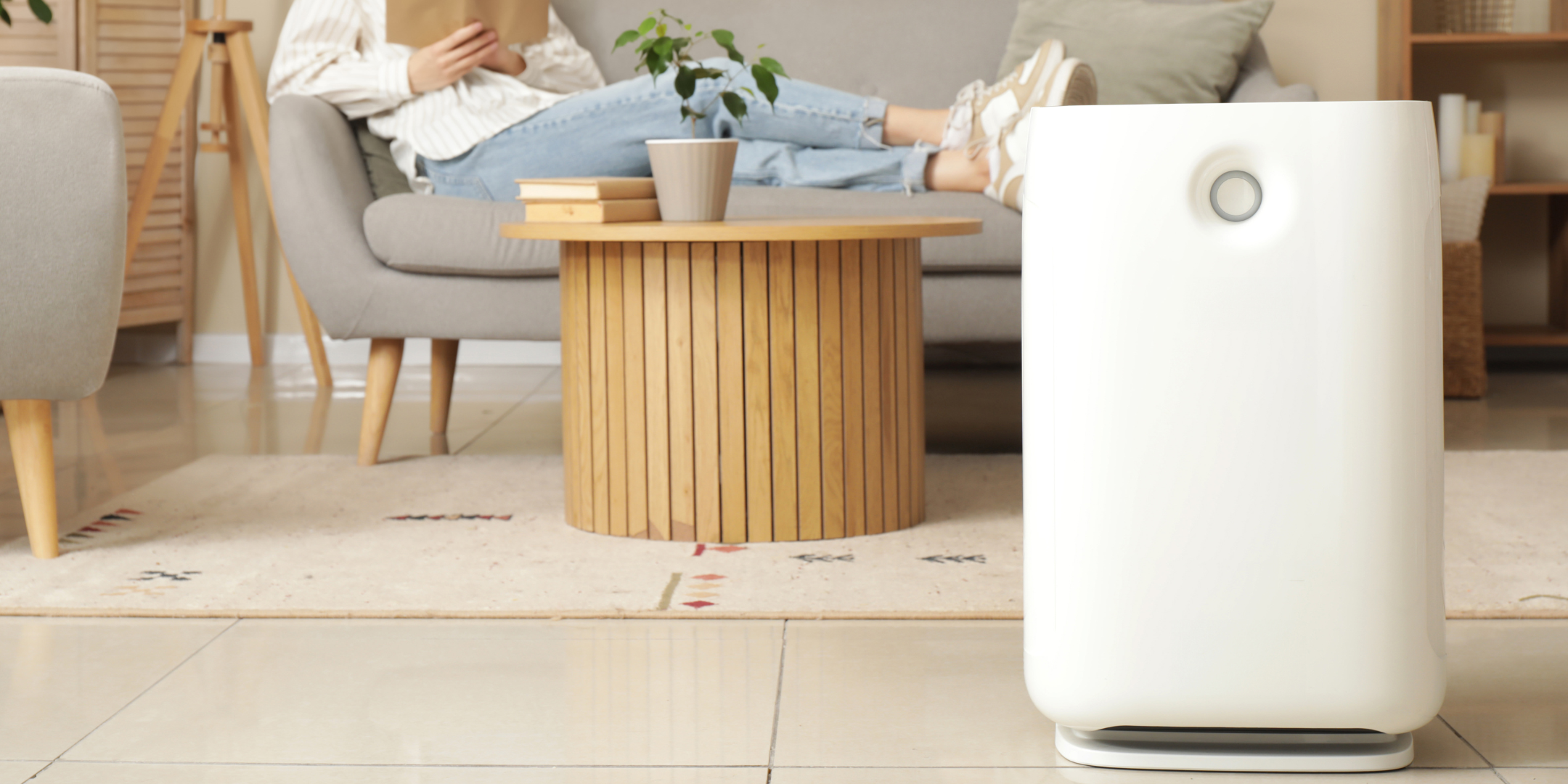
It’s easy to think of your HVAC system as nothing more than the switch that makes your house warm in the winter and cool in the summer. But what might not come to mind is that every time that system runs, it’s also moving the air you and your family breathe—air that can be filled with dust, pollen, odors, and even moisture you don’t want circulating.
winter and cool in the summer. But what might not come to mind is that every time that system runs, it’s also moving the air you and your family breathe—air that can be filled with dust, pollen, odors, and even moisture you don’t want circulating.
With over 17 years of experience in heating, cooling, and improving indoor air quality (IAQ), we’ve seen how overlooked maintenance and outdated filtration quietly affect health, comfort, and even utility bills.
By the end of this article, you’ll understand exactly how your HVAC system influences indoor air quality, why it matters more than most homeowners realize, and the simple steps you can take to create a cleaner, healthier, and more efficient home environment.
From Heating and Cooling to Air Quality: What HVAC Really Does
Your HVAC system isn’t just about making your house warm in winter and cool in summer. It is the central piece of equipment that determines what kind of air circulates through every room. Each time the system turns on, it draws air in, passes it through a filter, and then pushes it out through ducts. If the system is in good shape, this process keeps the air cleaner and more comfortable.
piece of equipment that determines what kind of air circulates through every room. Each time the system turns on, it draws air in, passes it through a filter, and then pushes it out through ducts. If the system is in good shape, this process keeps the air cleaner and more comfortable.
But if it’s neglected, the same system can spread dust, allergens, and even mold spores.
It’s common to assume that poor indoor air quality is caused by the outdoors—pollen in spring, wildfire smoke in summer, or dust in a dry climate. But much of the air you breathe has already been recirculated inside your home. That means your HVAC system is not only part of the solution, but also part of the problem (when it isn’t maintained).
If you’ve noticed that no matter how often you clean, dust comes back quickly, or that certain rooms always feel stuffy or musty, it’s usually your HVAC that needs attention—not your cleaning routine.
How Air Filtration Protects Both Your Air and Your System
Every HVAC system has a filter, but many homeowners don’t realize how much the quality of that filter impacts daily air quality. The cheapest and most common option, fiberglass filters, do little more than protect the equipment from large debris. They don’t catch smaller particles like pet dander, smoke, or fine dust—the very things that often make air feel heavy, stale, or irritating to breathe.
Upgrading to a higher-quality filter can make a noticeable difference, but it’s not as simple as just buying the one with the highest rating. Filters with higher MERV ratings capture more particles, but if they are too dense for your system, they can block airflow, forcing your equipment to work harder and raising your energy bills. The right filter strikes a balance: strong enough to improve air quality, but compatible with your system so it doesn’t create new problems.
This is where many homeowners hesitate—they worry about choosing the wrong filter or replacing it incorrectly. The truth is that once you know your system’s needs, upgrading your filter is one of the simplest, most affordable ways to improve indoor air quality.
Air Movement and Its Impact on Comfort and Air Quality
Airflow is one of the most overlooked parts of HVAC performance. Even if you have the right filter, your air quality will suffer if the system isn’t moving air properly. Healthy circulation prevents pollutants from collecting in one space and ensures that conditioned air is evenly distributed throughout the home.
When circulation is poor, you may notice rooms that never feel comfortable—one bedroom always hotter, or a living room that stays dusty no matter what. This often comes from ducts that are clogged, unbalanced, or leaking air before it reaches its destination. Uneven air distribution not only impacts comfort but also creates “pockets” of stagnant air where pollutants build up.
Because you can’t see inside your ductwork, it’s easy to dismiss ventilation issues as quirks of the house. But left unchecked, they can make the air in one room much different from another—something most homeowners don’t realize until it’s measured and corrected.
Humidity and Comfort Levels
Comfort isn’t just about temperature. Humidity is an equally important part of what makes air feel “right.” Too little humidity dries out skin and sinuses, increases static electricity, and makes dust more noticeable. Too much humidity creates the perfect environment for mold growth, dust mites, and musty odors.
Too little humidity dries out skin and sinuses, increases static electricity, and makes dust more noticeable. Too much humidity creates the perfect environment for mold growth, dust mites, and musty odors.
Your HVAC system influences humidity every time it runs, but many homeowners don’t connect dry air in the winter or damp air in the summer to how their system is performing. Unlike temperature, which is easy to read on a thermostat, moisture levels in the air aren’t obvious without proper tools. That’s why routine service is important—technicians measure humidity, check drainage, and can recommend solutions like whole-home humidifiers or dehumidifiers that keep air balanced.
Balanced humidity not only improves comfort but also helps protect your home itself—preventing wood floors from warping, paint from peeling, and furniture from drying or cracking.
3 Reasons to Choose Active Filtration
For households where air quality is a bigger concern—whether due to allergies, pets, or simply wanting a fresher environment—active filtration provides another layer of protection. Unlike a standard filter that just screens air once on its way through, active systems continuously clean the air as it circulates.
Here’s why homeowners consider the upgrade:
Health protection
Active filtration systems capture smaller particles, including allergens that traditional filters often miss. This can reduce triggers like sneezing, congestion, and watery eyes.
Odor control
By filtering more effectively, these systems help neutralize smells from cooking, pets, or smoke that standard filters can’t eliminate.
System efficiency
Cleaner air moving through your ducts means less buildup on coils, motors, and other components, helping your HVAC run more efficiently and last longer.
Cleaner Indoor Air Starts with the Right HVAC Choices
When you began reading, you may have thought of your HVAC system as nothing more than a way to keep your house warm in the winter and cool in the summer. Now you know it’s also the backbone of your indoor air quality, shaping everything from dust levels to humidity balance and overall comfort.
your house warm in the winter and cool in the summer. Now you know it’s also the backbone of your indoor air quality, shaping everything from dust levels to humidity balance and overall comfort.
With over 17 years of experience in HVAC throughout the Columbia River Gorge and Portland Gresham Metro, we’ve seen that the biggest improvements begin with filtration.
If you’re ready to take the first step toward cleaner, healthier air, the next article—“HVAC Filter or Purifier? Step One for Cleaner Indoor Air”—will guide you through exactly how to decide between an upgraded HVAC filter, an air purifier, or both. With this knowledge, you’ll be able to act with confidence and start breathing better at home.
Daphne Hunt holds a bachelor's degree in English and Mass Communication and has a lifelong passion for writing. She thrives on using her skills to craft compelling pieces that inform, inspire, and connect with readers.
